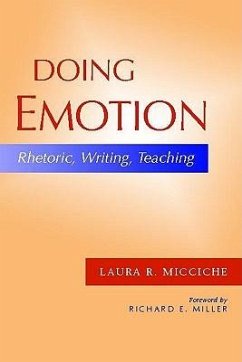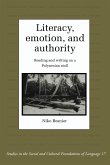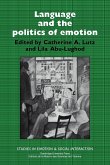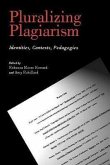That the emotional realities of teaching have changed significantly over the past decade is undeniable; Doing Emotion provides much needed guidance both on understanding these changes and on imagining a responsive pedagogy for these emotionally fraught timesa pedagogy grounded not in fear but in hope for better times. Richard E. Miller For Laura Micciche, emotion is neither the enemy of reason nor an irrational response to actions and ideas. Rather, she argues in the provocative and groundbreaking Doing Emotion that emotion is integral to research, discussion, analysis, and argumentthat is, to the essential fabric of rhetoric and composition. Doing Emotion argues for a rhetoric of emotion by foregrounding the idea that emotions are performativeenacted and embodied in our social interactions, produced between and among individuals and textual objects. Emotion is something we do, rather than something we have. Micciche explores the implications of this claim in the context of writing classrooms, administrative structures, and the formation of disciplinary identity. Drawing upon current research in emotion studies, performance studies, and feminist rhetorical studies, Micciche argues that a shift in our thinking about emotion leads to productive possibilities for teaching and learning. Rather than repressing and denying emotionality, Micciche demands that we acknowledge its constitutive role in our professional and pedagogical lives as well as in our evolving understandings of textual and extralinguistic meanings.
Hinweis: Dieser Artikel kann nur an eine deutsche Lieferadresse ausgeliefert werden.
Hinweis: Dieser Artikel kann nur an eine deutsche Lieferadresse ausgeliefert werden.








